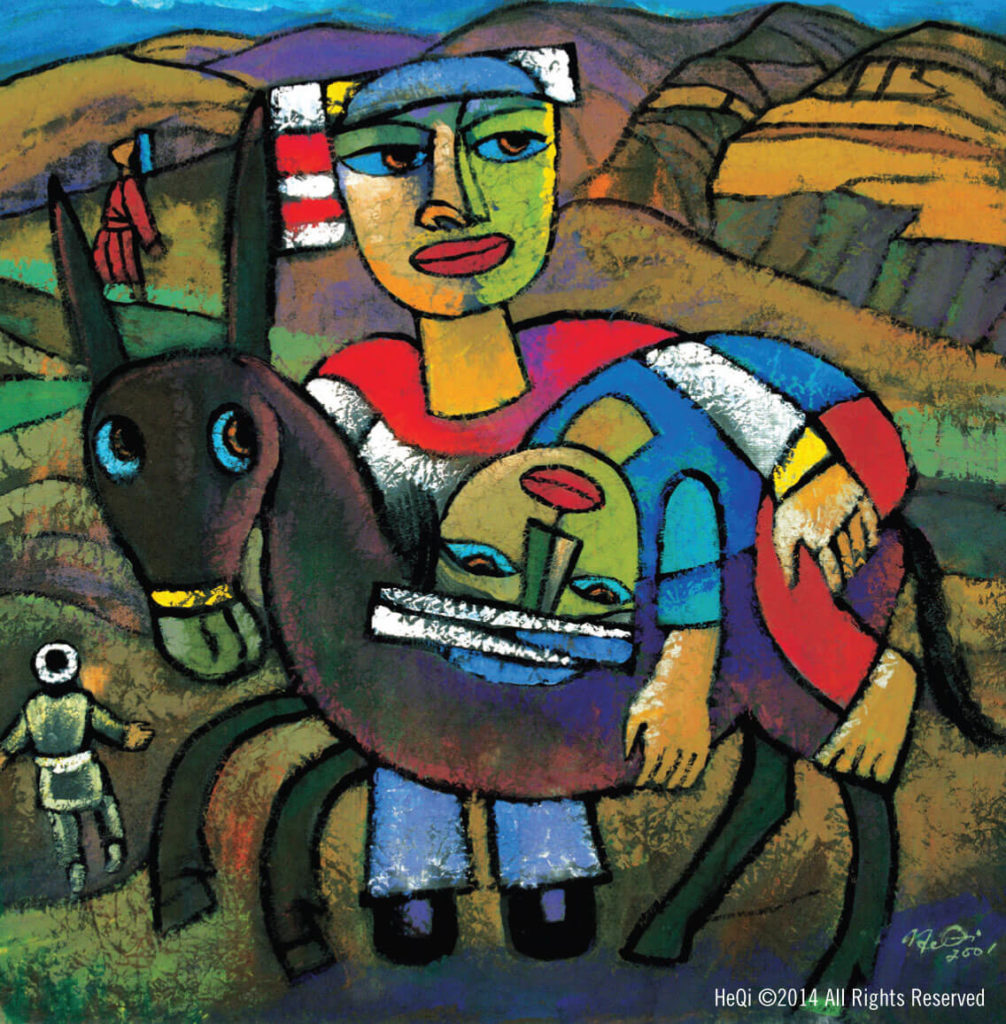by Edward Sellner

The Samaritan hero of Sunday’s gospel is a marginal person. The word margin comes from the Latin word margo, which means a border, an edge, a frontier. A ruling or dominant race, group, community, society, or church marginalizes individuals or groups by not recognizing, valuing, or including them in decisions that affect the entire body.
A marginal person is often caught in cultural conflicts or institutional transitions. At the boundaries of societies and communities, people feel partly in and partly out. They live on the edge with divided loyalties. People at the center resent, misunderstand, and even hate them.
The Samaritan in Sunday’s gospel has compassion for a stranger left on the side of a road to die. During Jesus’ time in Galilee, Samaritans were the marginalized people in Jewish society, a heretical group detested and despised by Jews and pagans alike.
For Jesus to hold up a Samaritan as a truly compassionate and wise person was to send religious and cultural shock-waves through his listeners’ ears. People must have thought: “How could anyone make a Samaritan the hero of a story, a person obviously so unworthy and unacceptable?”
Another unsung hero in Sunday’s gospel is the donkey. The Samaritan acted out his compassion toward the person badly beaten with the help of his animal. Pope Francis calls out our kinship with the whole of creation and its creatures in his encyclical Laudato Si’ on the environment.
Jesus’ parable doesn’t tell us how far away the inn was or how big the injured person was. We do know the Samaritan couldn’t call 911 on his cell phone. He puts the injured person on his own animal that usually carries him or his loads. The animal is marginal in the story about humans but vital to its result.
- When have you felt marginalized — by economics, gender, sexual orientation, race, or personal crisis?
